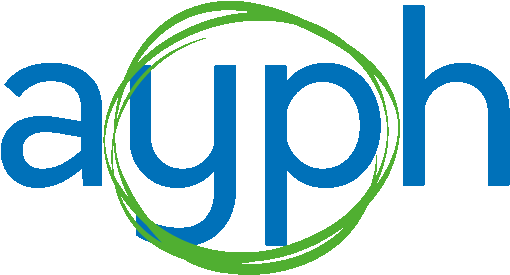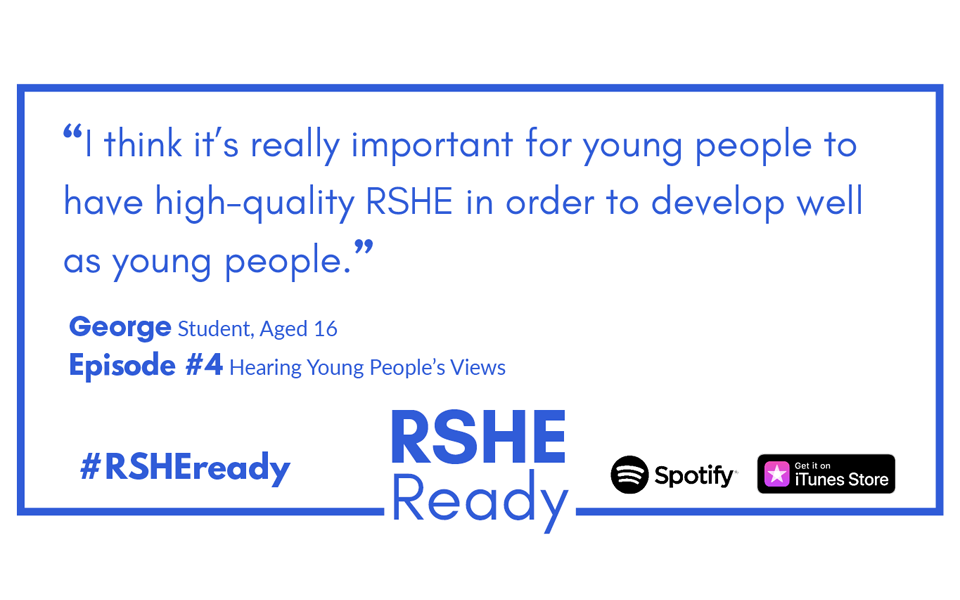Relationships, Sex and Health Education (RSHE) has been compulsory for KS3 & KS4 (ages 11 – 15) since September 2020 and Relationships and Health Education has been compulsory at KS1 and 2. However, this has been an incredibly challenging year for schools, and the government has given little leeway with timings as a result, meaning that some schools are only getting to grips with the full requirements now.
To help schools prepare for this change, the PSHE Association has worked with AYPH and others to create a ‘3 steps to RSHE success’ guide and new RSHE Ready podcast series. The podcast features leading voices from across the UK education sector discussing the new statutory RSHE requirements and what teachers and schools can do to ensure they’re ‘RSHE ready’.
The Association for Young People’s Health (AYPH) were approached to create a podcast episode about what young people thought of these changes.
We asked two members of AYPH’s Youth Advisory Panel, Thara (13) and George (16), what they thought of these changes, and with one of AYPH’s engagement experts they gave their views in a 25min RSHE Ready podcast episode.
Here are some of the key messages George and Thara shared with us in the episode:
- Have confidence. Teachers need to teach confidently, allowing for discussions and questions. A lack of confidence can lead to young people feeling awkward and not engaging, even if it is a topic they are interested in.
- Don’t be afraid of difficult conversations. Use RSHE as an opportunity to have difficult conversations. This can include; stigmatised issues, consent and signs of toxic relationships. While young people discuss these issues within their peer groups they also recognise the value of having teachers support these conversations.
- Consider different genders. All genders will come with specific experiences around RSHE. Allowing space to examine these different experiences is valuable and gives young people an opportunity to understand the topic from different points of view. Splitting the class into same-gender groups may also be useful for particularly sensitive topics.
- Communicate clearly. Avoid jargon, slang or unclear terminology around sex, relationships and health. Young people value the topics covered by RSHE and want all information communicated in a clear and accessible way. Jargon, slang or unclear terminology leave space for misunderstandings and young people may not feel comfortable asking for clarification on sensitive topics.
Listen now to find out George’s tips on staying calm in front of a class of 30 students, what Thara’s all-time favourite PSHE lesson was, and to understand why RSHE is so important to young people in their own words.

